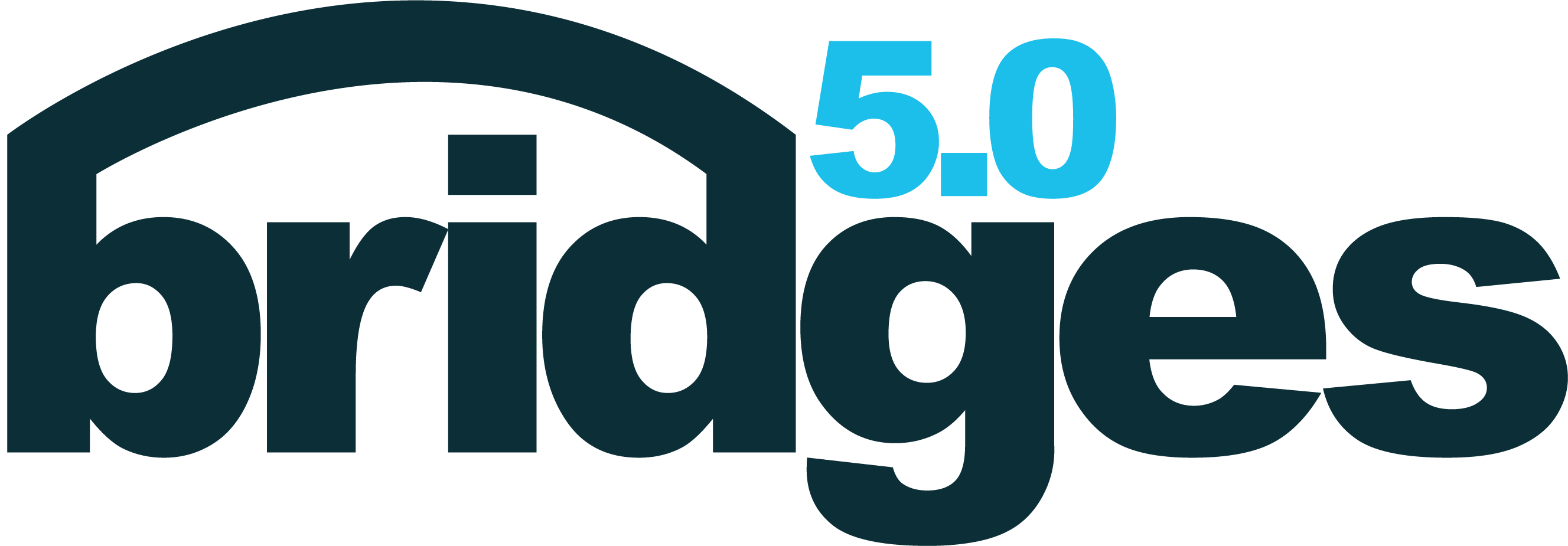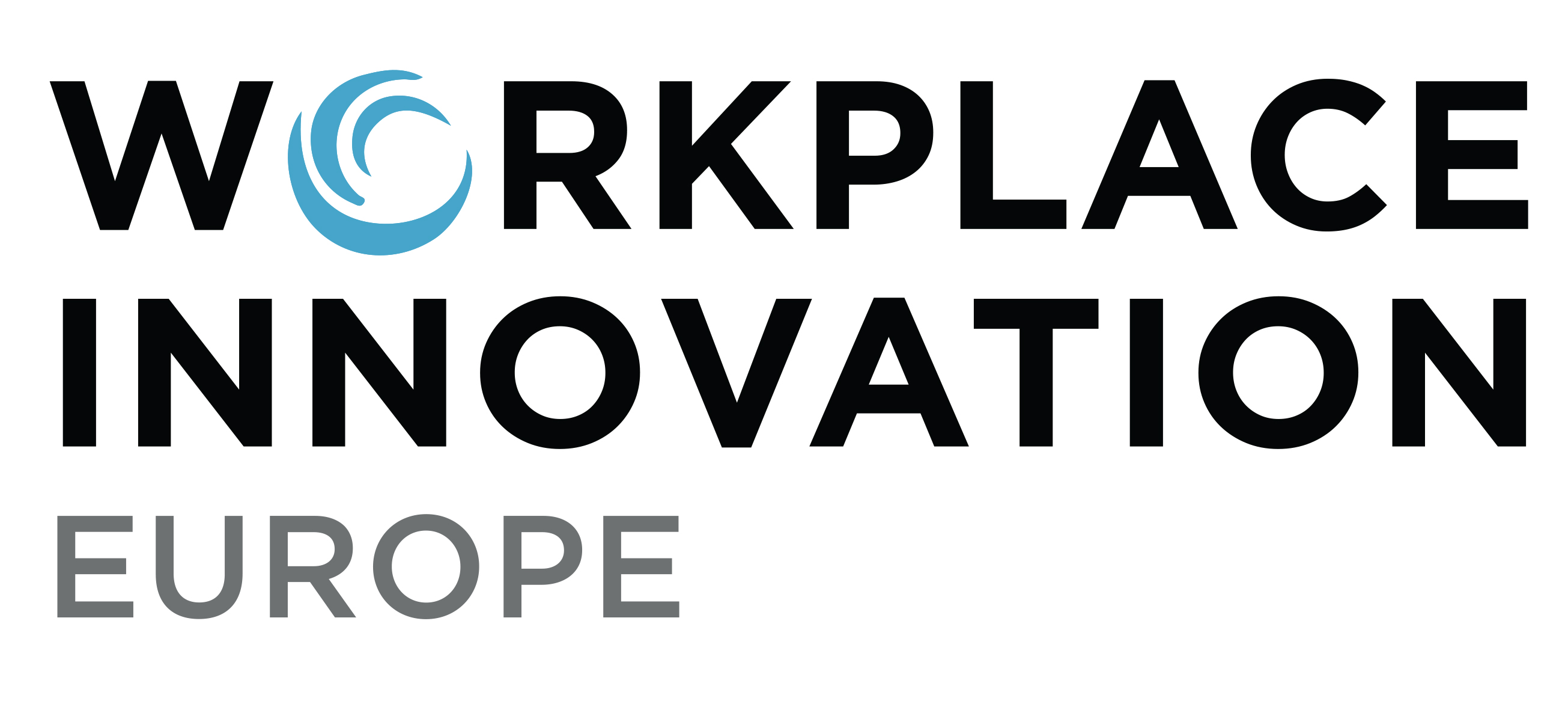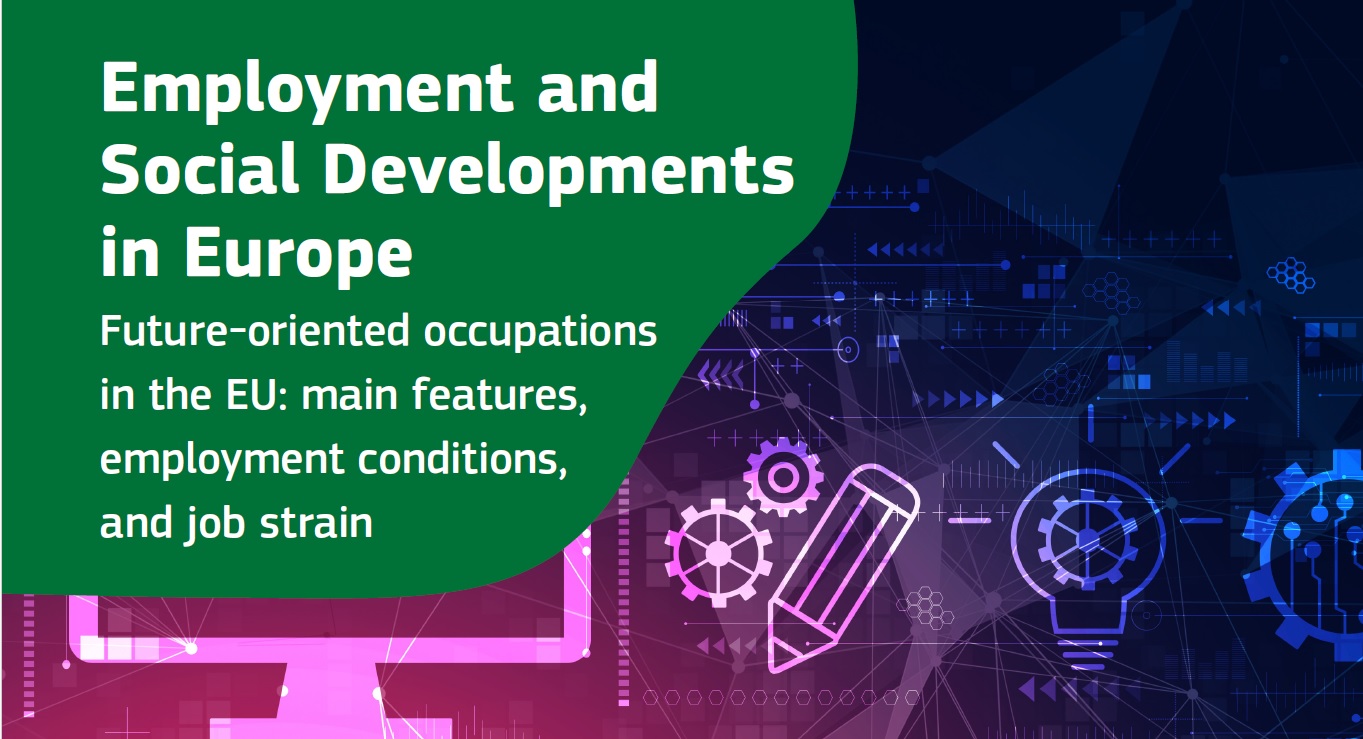

Future-oriented occupations in the EU: main features, employment conditions, and job strain
28th November 2025 @ 10:00 am - 11:00 am GMT
WEBINAR: Future-oriented occupations in the EU: main features, employment conditions, and job strain
This webinar is part of the EUWIN and Bridges 5.0 programme of events.
Please note: starting time is 10 am BST and 11 am CET.
The way we work is changing due to developments associated with the digital and green transition as well as demographic change, as a driver of current and future labour shortages. As these transitions impact job content, tasks and processes, they will change how people work, the skills needed to carry out jobs, employment conditions, and, ultimately, dimensions of their job quality. This paper aims to shed light on job holder profiles, their employment conditions, and some aspects of job quality experienced by workers in occupations of relevance for these transitions.
It looks both at job groups relevant for one single transition, which are termed ‘occupations of interest’, and relevant for two or more of the three transformations, which are defined as ‘future-oriented’ occupations. Furthermore, as part of the digital transition, we also specifically consider occupations more likely to be exposed to the impacts of AI.
Thereby the analysis aims to provide an early indication of the types and characteristics of jobs and subgroups of workers that may be affected by these technological advances.
Using the 2021 European Working Conditions Telephone Survey (EWCTS) and 2021 EU Labour Force Survey (EU-LFS) data, we analyse the job quality, employment conditions, and demographic characteristics of workers in occupational groups of interest and those identified as ‘future-oriented occupations’. This report analyse data collected by the EWCTS, which covers six dimensions stemming from Eurofound’s job quality index based on the OECD Job Quality Framework.
Based on the paper’s data analysis, the following findings emerge. In terms of workforce characteristics, gender segregation is identified in most future-oriented occupations and (residual) occupations of interest. Most future-oriented occupational groups and residual occupations with higher digital skills intensity and certain green jobs are largely male-dominated. On the other hand, occupations of interest relevant for critical labour shortage occupations, as well as to a lesser extent jobs with medium to low digital skills intensity, have a higher proportion of women.
Regarding employment conditions, future-oriented occupations generally are found to have stable employment conditions.A high proportion of workers in future-oriented occupations are employed on permanent contracts. On the other hand, only 50% of workers in (residual) occupations experiencing labour shortages and in green in-demand jobs, reported being in a position to predict accurately their earnings in the next three months.
Focusing on job quality, job strain in future-oriented occupations is found to be heterogenous. Job strain is above average in green and digital occupations experiencing labour shortages and less digital skills intensive green in-demand jobs. Job strain is also above the EU average for critical labour shortage occupations. Improving job quality for residual labour shortage occupations, including those relevant for care work, could increase their labour supply, including by encouraging workers to be employed full-time rather than part-time.
On the other hand, occupations with higher digital skills intensity also have much lower job strain, including as compared to the EU average. Predictability of earnings is also highest in occupations with higher digital skills intensity and AI-exposed occupations. Given that these occupations are currently (and likely in future) in high demand, increased access and availability of relevant education and training would equip more workers with the skills to participate effectively in the digital transition, fill related shortages in the EU economy, and potentially enable workers to move into these higher quality jobs. Similarly, occupations with higher AI exposure have below-average levels of jobstrain. Given the exponential pace at which digitalisation is taking place, uncertainty remains high on the type and level of impact that AI will have on the number of jobs, the extent of task restructuring within jobs, and the quality of jobs. This highlights the importance of monitoring the labour market effects of AI use.
Employment and Social Developments in Europe. Future-oriented occupations in the EU: main features, employment conditions, and job strain.
Speakers:
Agnès Parent-Thirion is a senior research manager in the Working Life unit at Eurofound, tasked with the planning, development and implementation of working conditions research projects, in particular the European Working Conditions Survey (EWCS) and its analyses. She is responsible for the EWCS 2024 questionnaire and is co-leading the overview report together with Jorge Cabrita. Her research interests include working conditions, job quality, the monitoring of working conditions, work organisation, gender, the future of work and time. She has been working in the area of European comparative surveys for more than a decade, in all aspects including design, questionnaire development, fieldwork, quality control and analysis. She is a graduate in economics and management from Paris IX Dauphine and Paris I Panthéon Sorbonne universities and holds a Postgraduate Diploma in Statistics from Trinity College Dublin. She has recently completed online courses on artificial intelligence: inquiry-driven leadership with MIT Sloan Executive Education and ‘Les grand enjeux de la transition: re-ouvrir l’horizon, comprendre pour agir’ with the Campus de la Transition. Before joining Eurofound, she worked for a number of years in the European Commission.
Nora Wukovits-Votzi is an Analyst at the European Commission’s DG Employment, Social Affairs and Inclusion in the Unit for Analysis and Statistics. She obtained her PhD at the European University Institute (EUI) focused on the growth of non-standard forms of employment and the associated labour market and social policy settings within EU countries. Previously, she has worked as a Policy Analyst at the OECD for several years and was affiliated as a researcher at the Robert Schuman Centre for Advanced Studies. Her educational background includes a Masters of Science in Comparative Social Policy from the University of Oxford, and a Bachelor’s degree in Politics, Psychology, and Sociology from the University of Cambridge.
Book your place using the form below. You can pick one or more from our upcoming events.

EUWIN (the European Workplace Innovation Network) is a community of researchers and practitioners from business, public policy, research and social partner organisations. Its remit is to promote workplace practices that lead to simultaneous improvements in organisational performance and quality of working life for employees. First established by the European Commission in 2013, EUWIN is now funded and managed by a network of international partners. See www.euwin.net

Bridging human & digital potential. Bridges 5.0 creates a unique consortium based on active collaboration between researchers, 8 EU industrial companies, 9 Industry 4.0 ecosystems, and the main EU social partners. See https://bridges5-0.eu



